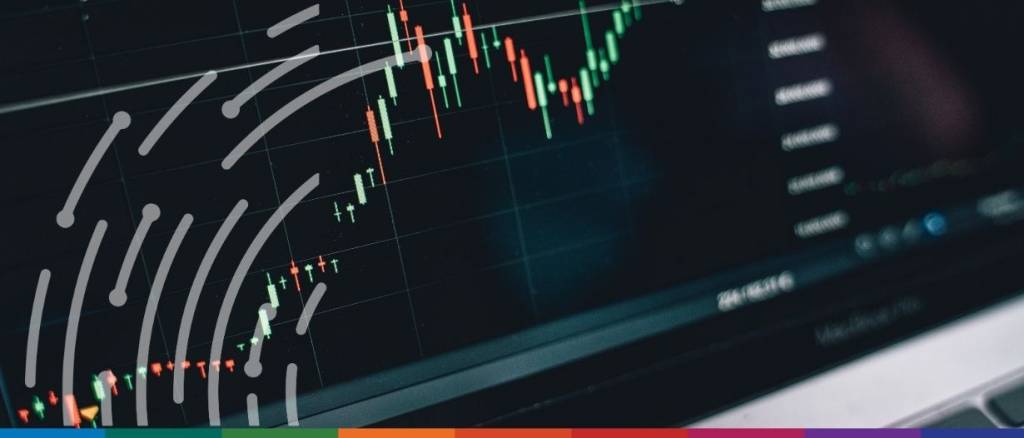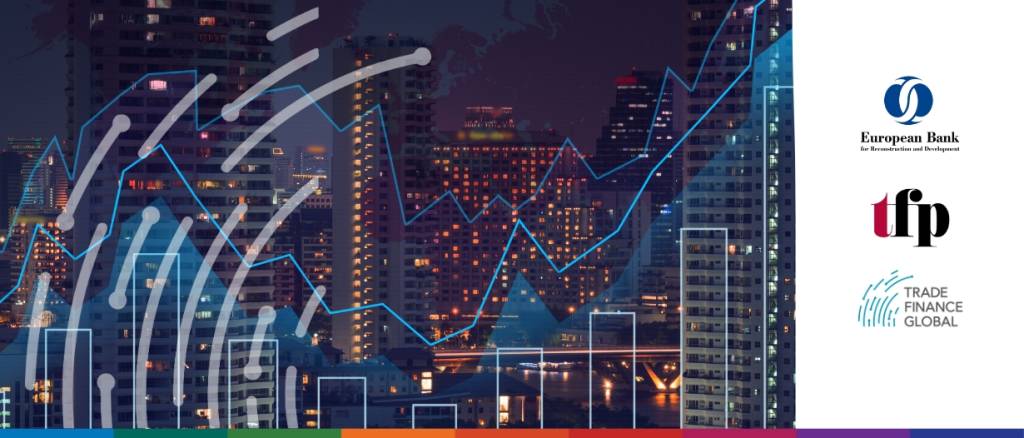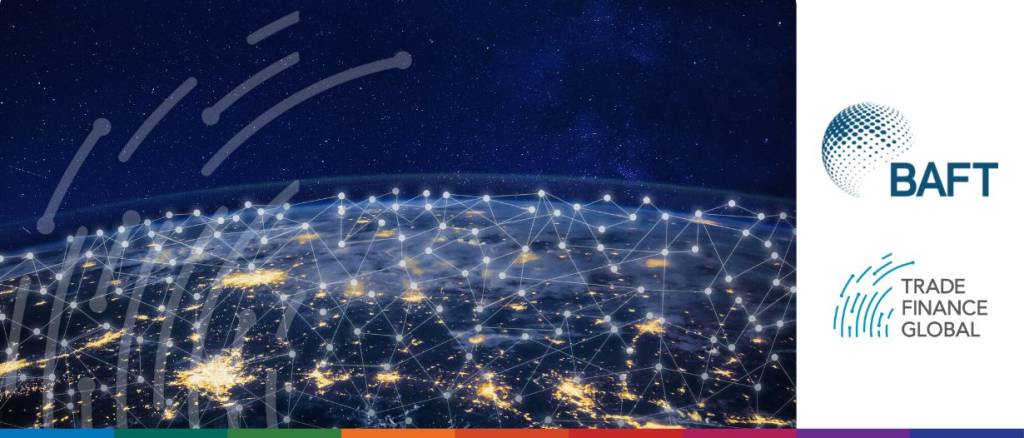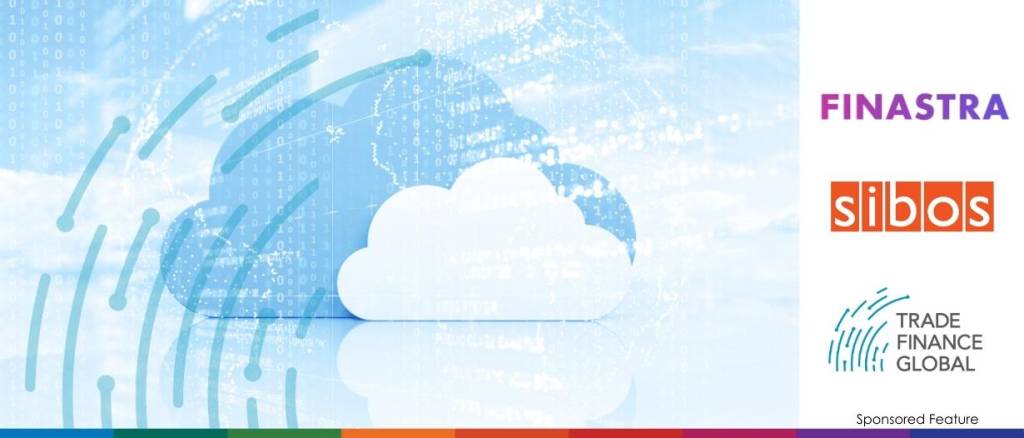ECAs from across the globe have come together to form the Net Zero Export Credit Agencies Alliance, a new initiative unveiled at the COP28 summit.
The ISO 20022 format is a set of data and messaging that is integrated into an instant payment or any other cross-border transaction.
International trade is vital to the growth of income and the country’s economy. It is, however, not possible to carry out any trade devoid of any risks.
The European Central Bank (ECB) has announced further developments in its project to introduce a digital version of the euro. The Governing Council decided to advance to the next phase… read more →
In this episode of Trade Finance Talks, TFG’s Deepesh Patel was joined by Karin Oszuszky, Senior Investment Manager for Business Development at the OPEC Fund for International Development, during the European Bank for Reconstruction and Development’s (EBRD) Trade Facilitation Annual Conference in Vienna to discuss the OPEC Fund’s work in light of the latest trends and developments in trade finance and facilitation.
Sibos 2023, held this year in Toronto, allows industry stakeholders to come together to discuss industry trends and issues.
The Asian Development Bank (ADB) has greenlit a $300 million policy-driven loan. This endeavour assists the Philippine government in establishing a resilient institutional and policy backdrop, aiming to augment Filipinos’… read more →
The panel’s moderator, Tom Zschach, Chief Innovation Officer at Swift was joined by Kelly Switt, Global Head of Intelligent Edge Business Development at Red Hat; John Overton, CEO at Kove; Vivek Agarwal, Head of Financial Services Solutions at C3 AI; and Johan Bryssinck, AI Programme and Shared Services at Swift.
In a rapidly evolving world, where businesses are constantly seeking ways to streamline their operations and enhance efficiency, the trade finance sector is no exception.
During her third visit to Kyiv amidst the ongoing conflict, Odile Renaud-Basso, the President of the European Bank for Reconstruction and Development (EBRD), informed President Volodymyr Zelenskyy, his cabinet, and… read more →
























